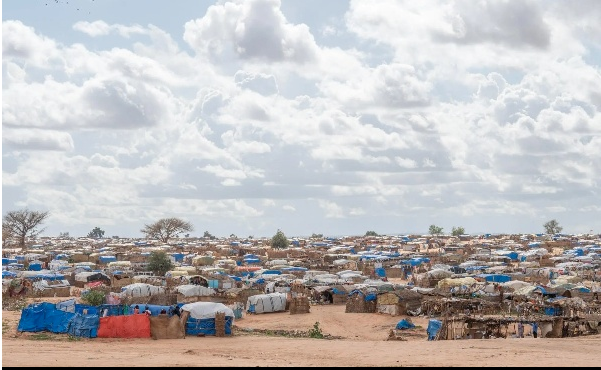The number of people displaced by war, violence, and persecution is very high. Humanitarian funding is decreasing. However, there has been an increase in returns to Syria. This information comes from the UN Refugee Agency (UNHCR).
According to UNHCR’s Global Trends Report, 122.1 million people were forcibly displaced by April 2025. This is an increase from 120 million last year. The rise reflects a decade-long trend of increasing refugees and others fleeing their homes. Major conflicts in Sudan, Myanmar, and Ukraine continue to drive this displacement.
Filippo Grandi, the UN High Commissioner for Refugees, stated that international relations are volatile. Modern warfare creates a fragile landscape with severe human suffering. He emphasized the need for peace and long-lasting solutions for refugees.
Forcibly displaced individuals include those within their own countries due to conflict. This group grew by 6.3 million to reach 73.5 million at the end of 2024. There are also 42.7 million refugees fleeing their countries. Sudan now has the largest forced displacement situation with 14.3 million affected people.
The report highlights that many refugees stay in neighboring countries. In fact, 67 percent of refugees remain close to home, while low and middle-income countries host 73 percent of them. Additionally, about 60 percent of those forced to flee never leave their country.
Despite nearly doubling in numbers over the past decade, funding for UNHCR remains stagnant since 2015. Ongoing cuts to humanitarian aid make this situation untenable for vulnerable populations.
Grandi noted some positive developments despite these challenges. Nearly two million Syrians returned home after being uprooted for over a decade. However, Syria remains fragile and needs support for rebuilding lives.
In total, about 9.8 million forcibly displaced people returned home in 2024—this includes the highest number of returning refugees in over twenty years (1.6 million) and a significant number of internally displaced persons (8.2 million).
Many returns occurred under difficult political or security conditions; many Afghans returned home in desperate situations as well.
The report urges continued funding for UNHCR programs that save lives and assist returning refugees and IDPs while reinforcing infrastructure in host communities as vital investments in global security.






